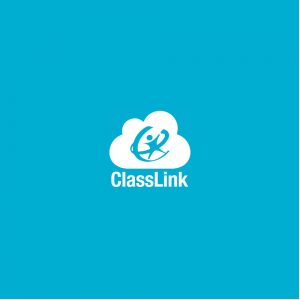
Members of the Future Medical Professionals Club (FMPC) got a glimpse into the world of healthcare at a health panel hosted by UCHealth at Longs Peak Hospital on February 2. The panel was composed of medical professionals from various departments at the hospital. Panelists shared personal experiences and insights about their respective careers, highlighting the opportunities and challenges that come with working in the medical field.
Following the health panel, students toured the hospital, where they gained an understanding of the different departments and got a glimpse of the cutting-edge medical technologies readily accessible to the community.
Niwot High School juniors Micky Nguyen and Sarada Gundavarapu started the FMPC with the goal of providing a unique platform for students to learn about the various medical fields and gain a better understanding of what a career in healthcare entails. “We wanted people to see that there’s more to healthcare than being a doctor or a nurse,” said Nguyen.
The club gives members a way to explore their professional interests, visit medical facilities, gain hands-on experience, and make connections with professionals in the healthcare industry. “The Future Medical Professionals Club gives you a very big head start if you’re wanting to pursue a career in the medical field,” said Mead High School sophomore, Basia Marrufo. “It helps grow your interest and gets you acquainted with the various areas in the industry.”
The FMPC is sponsored by UCHealth and is open to all St. Vrain Valley high school students who are interested in pursuing a career in the medical field. Lonnie Cramer, President of Longs Peak Hospital and Broomfield Hospital, is proud of the partnership between UCHealth and St. Vrain Valley Schools. “It means a lot to UCHealth, and it means a lot to our community,” said Cramer. “We’re going to grow the health care leaders of tomorrow, and we’re going to help students identify early on what makes sense for them.”
At the health panel, students learned there are many paths they can take to obtain a position in healthcare, and many don’t require a four-year college degree or a degree in science. According to pediatrician Dr. Mark Shane, “You should really get a college degree in what excites you. They [medical schools] love people who are not science majors. They want people who have diverse backgrounds.”

Panelists shared about their unique journeys that led them to careers in the medical field. Shannon Griffith, Manager of Radiology Services, initially studied art and taught elementary school before finding her passion in radiology. Laura Welsh, Manager of the Emergency Department, went to school to be a teacher, but a life-changing experience led her to switch careers. “Life can lead you down different paths, and once you find what you love, you’ll know it,” said Welsh.
Working in healthcare offers a unique advantage in terms of job mobility because healthcare professionals are in high demand and can work anywhere in the world. The need for healthcare services is also constant, which means individuals typically have stability and security in their careers.
Every person who walks through the doors of a hospital or medical facility is going through something, and medical professionals have the ability to directly influence their lives. “Working in healthcare is really just about helping people,” said Dr. Shane. Communication and listening skills are essential in the medical field. They are critical in creating a positive patient experience, building trust with patients, and their families, and ensuring the correct information and treatment plans are understood. Additionally, strong communication and listening skills can improve patient satisfaction, reduce medical errors, and contribute to better health outcomes.
To learn more about the Future Medical Professionals Club, visit stvra.in/fmp.


